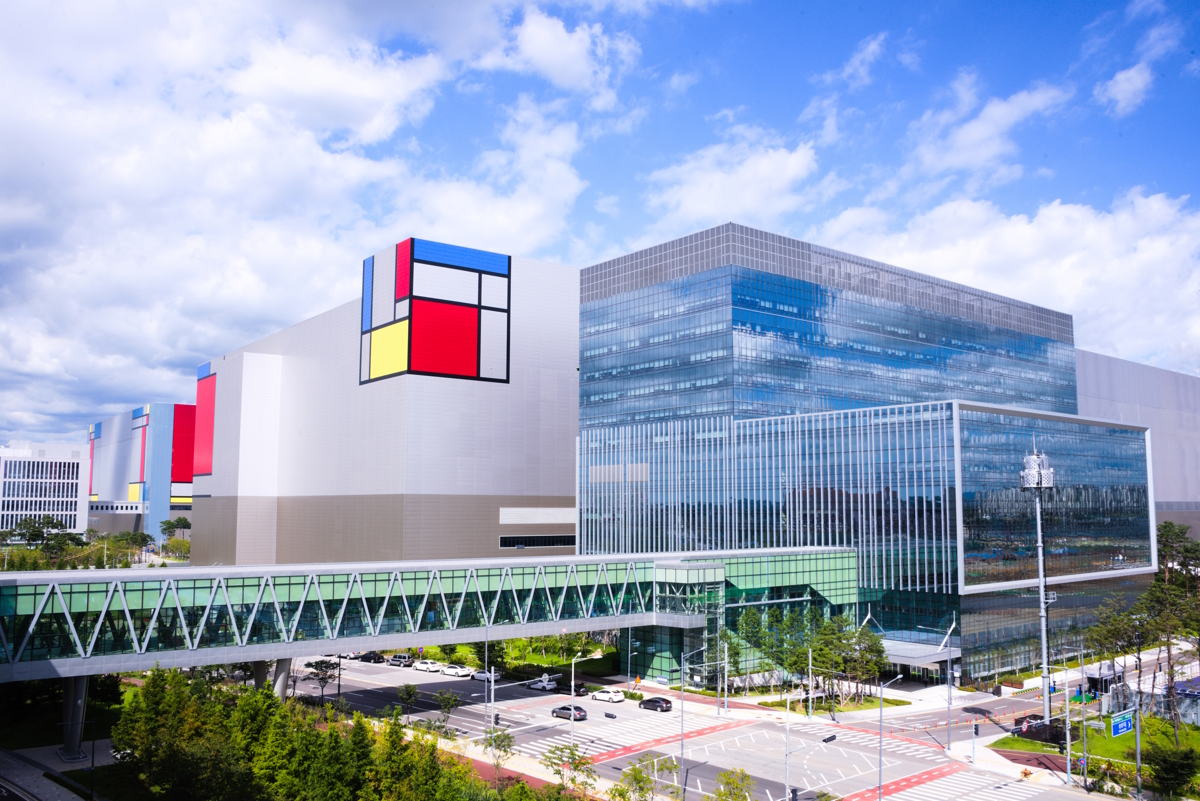In a bid to strengthen supply chains in South Korea’s semiconductor industry, Samsung Electronics on Wednesday said it plans to build five new chip plants in the country over the next 20 years. As per the country’s government, as much as 300 tn won (~$230 bn) will be invested in these new Samsung chip factories.
Additionally, the company’s manufacturing expansion in Yongin, south of Seoul, is expected to bring together up to 150 equipment manufacturers, fabless chip producers, and semiconductor research and development organisations.
All in all, this 300 tn won investment in Samsung chip factories is a part of the South Korean government’s plan to invest 550 tn won ($420 bn) in the country’s private sector by 2026, mainly in technology areas like semiconductors and electric vehicles. In a statement made earlier today, the government claimed that going forward, this ‘mega cluster’ by Samsung will be a key base for the country’s semiconductor ecosystem. At the same time, it will be the world’s largest semiconductor complex.
The expansion is in line with Samsung’s plans to increase its manufacturing of advanced semiconductors by three-fold till 2027. The South Korean tech giant was the world’s largest chip vendor in terms of revenue in 2022. During the same period, its foundry business was second only to the Taiwan Semiconductor Manufacturing Co. (TSMC).
“Samsung’s advantage is that it can lean on the profits of its other business units and sheer size to bleed smaller semiconductor competitors during an industry downturn. It appears this is their strategy,” said analyst/Insight Provider Vincent Fernando, CFA who publishes on Smartkarma.
“Of course, they also don’t want to sacrifice investment in their race against TSMC at the leading edge of chip development,” he added.
After the plans to construct new plants in South Korea were made public, Samsung’s stock rose, ending the day up 1.4% at 59,800 won (~$45).
Strengthening South Korea’s semiconductor industry
Samsung’s plans to construct new chip factories comes at a time when nations all around the world are taking measures to boost their local semiconductor businesses. Take, for instance, the United States. The country announced the specifics of the CHIPS Act last month, which will provide $52.7 bn for American semiconductor manufacturing, workforce development and R&D.
In Japan, a law has defined semiconductors as products of critical importance to both daily life and economic activities. In its 1.3 tn yen supplementary fiscal budget in 2022, the country has promised to allocate 368.6 bn yen ($2.8 bn) to pay for new subsidies for the semiconductor industry.
“The economic battlefield, which recently began with chips, has expanded … countries are providing large-scale subsidies and tax support,” said South Korea’s President Yoon Suk-Yeol on Wednesday.
“(We) must support private investments to ensure further growth … the government must provide location, R&D, manpower, and tax support,” he added.
Looking forward, asset manager Franklin Templeton believes that South Korea can pick up medium-term business in the semiconductor sector owing to the growing popularity of the ‘China plus one’ strategy.
“The recent passage of the US Inflation Reduction Act, which aims to generate investments in domestic manufacturing and encourage procurement of critical supplies from free-trade partners, may have a similar effect,” said Dina Ting, Head of Global Index Portfolio Management at Franklin Templeton.
Samsung is also investing about $17 bn in the USA, building a chipmaking plant in Texas.


 Australia
Australia China
China India
India Indonesia
Indonesia Japan
Japan Malaysia
Malaysia Philippines
Philippines Singapore
Singapore South Korea
South Korea Taiwan
Taiwan Thailand
Thailand Vietnam
Vietnam






